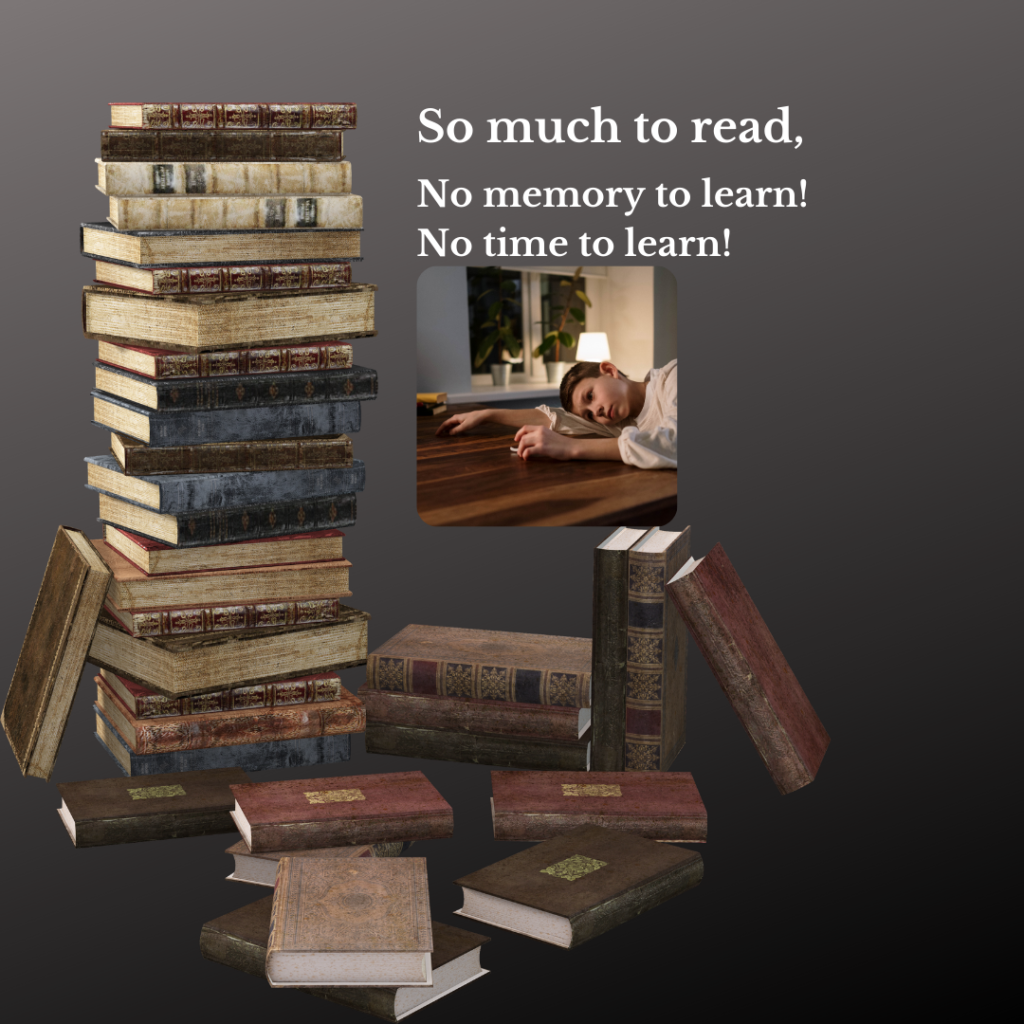
“Every child is an artist. The problem is how to remain an artist once we grow up.” — Pablo Picasso.
This quote beautifully encapsulates the fragile yet resilient nature of children. During exams, their minds become a battlefield of emotions, self-doubt, and expectations. As parents, understanding their psychology can transform this stressful period into an opportunity for growth and self-discovery.
Exams are not just about testing knowledge; they are also a test of emotional resilience.
For children, the pressure to perform often stems from their innate desire to please their parents and meet societal expectations. This burden, if not managed carefully, can lead to anxiety, low self-esteem, and burnout.
Understanding how your child thinks and feels during this time is crucial to providing the right support.
Child psychology teaches us that a child’s belief in their own abilities is a cornerstone of their performance. When children feel supported and believed in, they are more likely to approach exams with confidence. As a parent, your words and actions have the power to either build their self-belief or diminish it.
Avoid statements like, “Why can’t you study like your sibling?” or “You’ll never get good grades with this attitude.” Instead, focus on affirmations such as, “I see that you are putting up your best efforts and that’s important,” or “You’re capable of overcoming any challenge.” These positive reinforcements can rewire their mindset for success.
Research in child psychology highlights that stress activates the fight-or-flight response, even in children. This can lead to memory lapses, difficulty concentrating, and even physical symptoms like headaches or stomachaches. It’s vital to teach your child that stress is not the enemy. Stress, when managed, is a natural motivator. Share this perspective with them: “Stress is your mind’s way of telling you that this moment matters. Let’s work together to channel it into focus.”
One powerful tool from NLP (Neuro Linguistic Programming) is visualization technique.
- Encourage your child to close their eyes and picture themselves walking into the exam hall, calm and confident.
- Ask them to imagine writing their answers effortlessly and seeing their name on a results sheet with excellent grades.
This mental rehearsal can help reduce anxiety and instill a sense of preparedness.
Another technique is anchoring, borrowed from NLP (Neuro-Linguistic Programming).
- Help your child create a physical anchor for calmness, such as pressing their thumb and forefinger together while thinking of a serene moment.
- Practicing this regularly can make it a quick go-to during moments of panic.
Resilience Through Communication
Open communication works wonders in understanding your child’s emotional state. Instead of asking, “How much have you studied?” try asking, “How are you feeling about your preparation? Do you need any help?” This small shift encourages them to open up about their fears and concerns. Listening without judgment creates a safe space where they feel valued and understood.
Support Without Pressure
Parents often unknowingly cross the line between supporting their child and pressuring them. It’s essential to remember that every child’s journey is unique. Celebrate their efforts, not just their results. Acknowledge their hard work, regardless of the outcome, and remind them that exams are just one chapter in a much larger story.
As parents, we hold the key to shaping our children’s relationship with exams—and with themselves. Instead of focusing solely on grades, focus on their growth. Teach them that target is learning, not certain % and getting lesser marks is not a failure, let it be an experience and nothing more . Remind them that their worth is not defined by a report card.
In the words of Carl Jung, “Children are educated by what the grown-up is and not by his talk.” Be the calm, confident presence they need during this challenging time. Equip them with the tools to manage stress, and watch as they not only succeed in exams but also in life.



